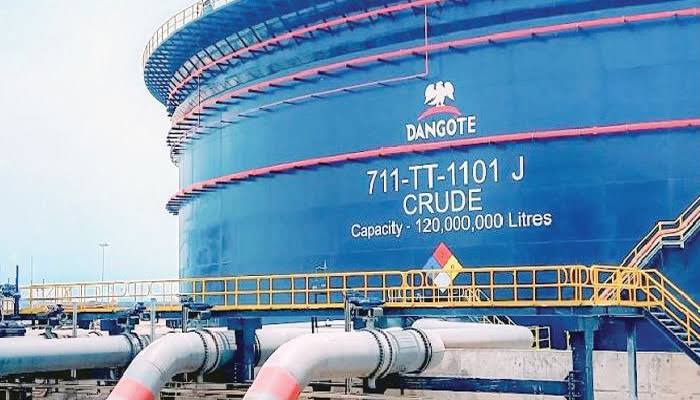
Nigeria reportedly spent about ₦3 trillion on petrol imports over 42 days, despite local refining efforts from the Dangote Refinery. The high import costs reflect the country’s continued reliance on imported petroleum products due to the refinery’s limited output capacity and delays in achieving full-scale operations. The Dangote Refinery, designed to produce 25 million liters of petrol daily, is currently producing significantly less, around 10 million liters, which fails to meet Nigeria’s daily consumption of approximately 60 million liters.
Additionally, local refiners like the Nigerian National Petroleum Company Limited (NNPCL) are partnering with private refineries to improve domestic production. This strategy aims to eliminate imports entirely by December 2024, as the government continues its push for energy self-sufficiency and reduction of foreign exchange pressure.
Despite these efforts, the current shortfall in supply has forced marketers to rely on imports to meet demand, further inflating costs.




